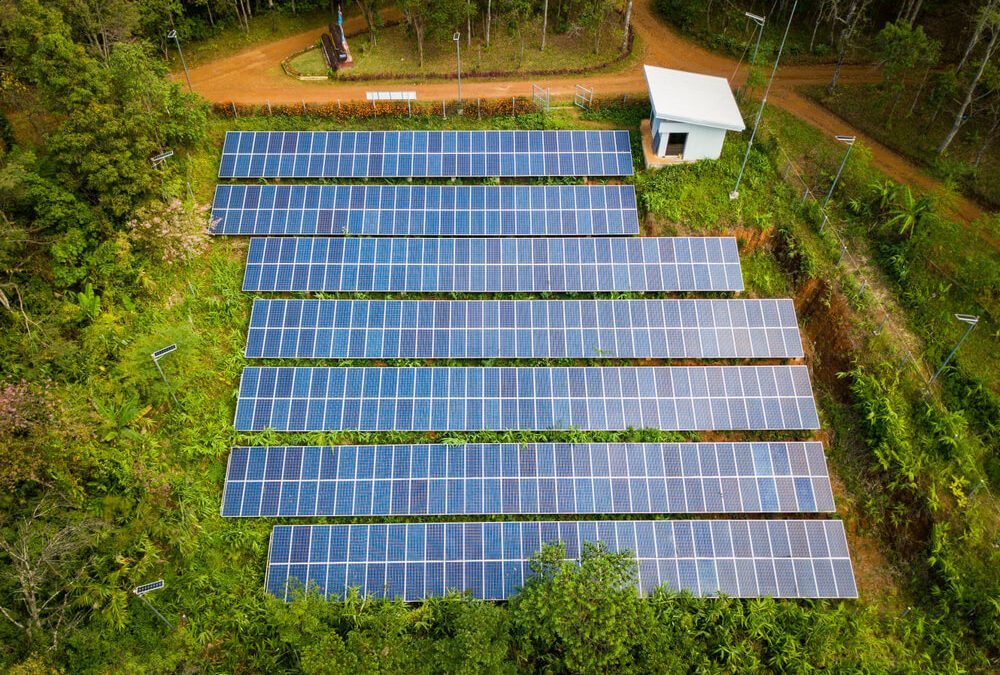Electricity is one of the most important elements that help fulfill fundamental human needs, such as food, clean water, and proper sanitation. Having access to power means getting work done a lot faster, easier, and with the best results. For most places, electricity is fully provided—one that is available 24/7. But that is not always the case, especially in rural and remote areas.
While many people take their daily power supply for granted, 940 million or 13% of the world’s population do not have access to electricity. Some have to find alternatives for an affordable price with ideally little to no interruptions.
Thankfully, the energy industry now provides several renewable sources that aid both the demands of the rural and remote public while saving the planet.
To date, solar energy has revolutionized renewable energy consumption with its capability of being independent of the grid. It makes for the more accessible and cost-effective option for households and businesses that need electricity but could not have it as easy as those in the urban setting.
Read on to learn more about solar power and its perks when used in rural and remote places.
6 Benefits of Using Solar Energy in Rural and Remote Areas
Recent data from the International Renewable Energy Agency (Irena) show that solar energy dominated the renewable capacity expansion with a 127-gigawatt (GW) or 22% growth in 2020. Currently, the world is at 55% solar within the green energy category, and at least 92.7 billion solar panels are in operation globally.
While solar power can benefit a variety of homes and establishments, it particularly checks all the boxes for those living and working in rural or remote areas. Below are some of the advantages of switching to solar that isolated parts in the country can expect.
1. More reliable energy source
In the Philippines, typhoons typically make landfall on islands or provinces. As such, region-wide power outage is a common occurrence that could extend from hours to days.
Having solar power as the primary energy source to homes and establishments in these areas means having lower chances of losing electricity, regardless of the weather. Since solar batteries are designed to store energy for later use, it helps balance electricity generation and demand, making solar a more reliable energy source than traditional ones.
2. Easier infrastructure to set up
Solar has a less intricate system that is easier to set up compared to other renewable energy sources.
While solar power service providers usually offer free installation, the likes of an off-grid solar-powered system, for instance, can be installed DIY-style with just the right set of tools. This specific type also substantially enables a lower overall system cost, as it eliminates all the complications in operation and maintenance of grid solar power.
3. Economic and employment opportunities
Companies that currently source energy from fossil fuels not only hurt the environment but know that the supplies are finite. Additionally, the industry’s heavy reliance on robotics and automation results in lower demand for staffing.
Records show that the renewable energy sector is adding jobs 12 times faster than other trades, and the growing interest in solar energy contributes to that. Going solar can open more employment opportunities, especially in the rural sector, which can help boost the economy.
For instance, it creates openings for the different roles needed in a project—from the development phase, the actual operation, and the maintenance work.
4. Marked down electricity costs
For low-income rural communities, utility bills can be heavy on the pocket. Costs even spike up during the summer season, when demand for cooling appliance use is high.
Unlike non-renewable energy sources that increase in price as the demand grows and the supplies deplete, renewable powers like solar allow for reduced electricity costs in the long run. Although a relatively high initial cost comes with the switch, the lower monthly rates make up for it.
Plus, working with an unlimited energy source means you will never have to worry about your base rate drastically fluctuating as it adjusts to the market.
5. Reduced water usage
For rural areas with agriculture as their primary industry, having an abundant water supply is essential for farmers to grow fresh fruits and vegetables as well as maintain the health of their livestock, especially in times of drought.
Since solar power uses less water to produce energy, agricultural regions can carry on utilizing and saving their reservoir without thinking about an added competition for it.
6. Minimized carbon footprint
Despite the COVID-19 pandemic putting the world on pause since its outbreak in early 2020, data from a recent World Meteorological Organization report affirms that the threats of climate change are still on the rise. And the world’s continuous dependency on fossil fuels takes up a big portion of the blame.
It is known that most rural and remote places pride themselves on their clean and green environment. By shifting to a renewable energy alternative, such as solar power, carbon dioxide emissions can be reduced, which ultimately impacts the air quality in the community and the world as a whole.
Switching to Solar: Do Rural and Remote Areas Need It?
A quick Internet search on “solar energy benefits” will instantly get you a handful of reasons why making this renewable energy switch is a move you must do now. With the effects of global warming continuing to plague the planet, going solar one rural and remote place at a time can make all the difference.
Ready to go solar? Let SolarNRG make it simple. Learn more about our solar solutions and find one that will best suit your needs when you get in touch with us today.

Recent Comments